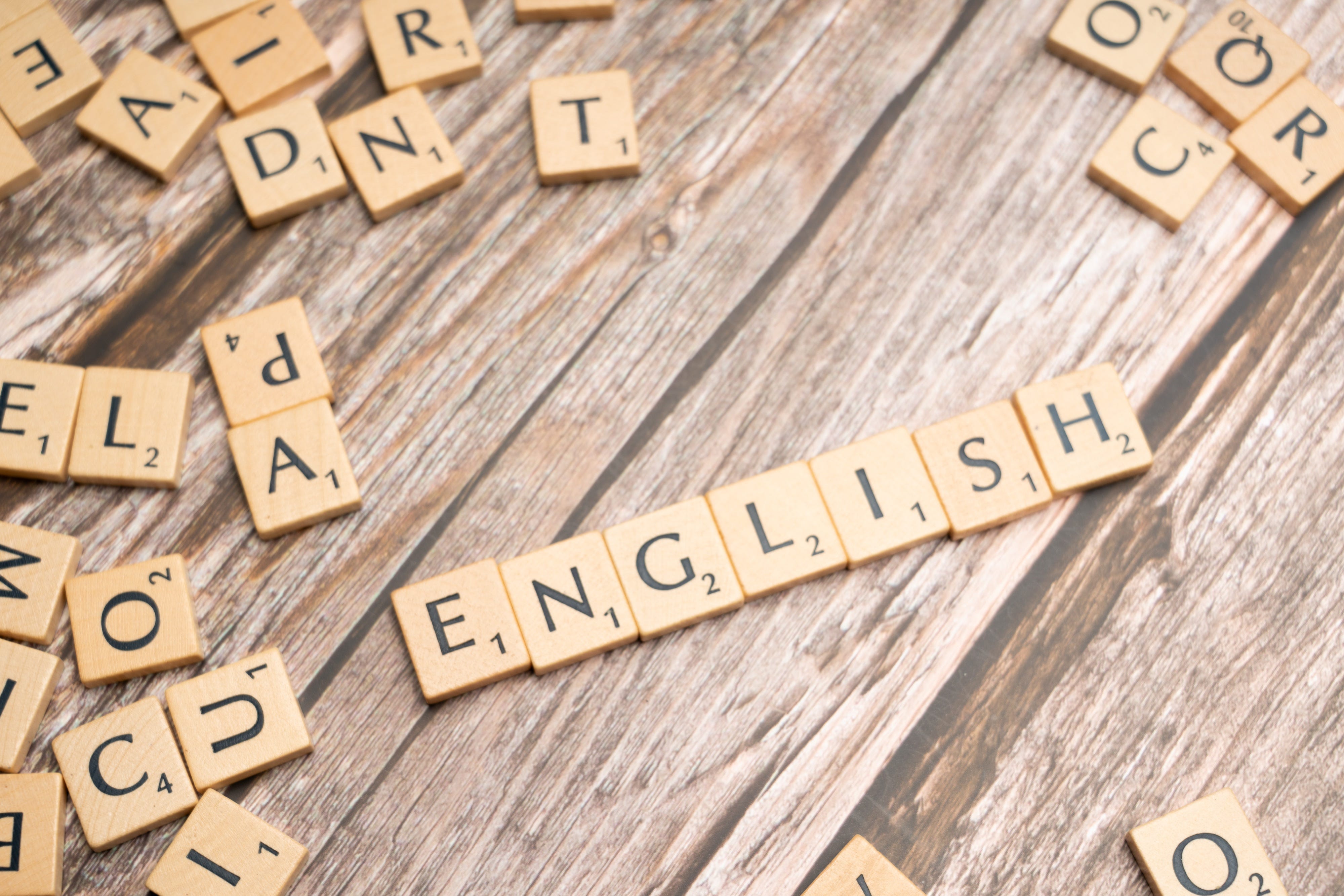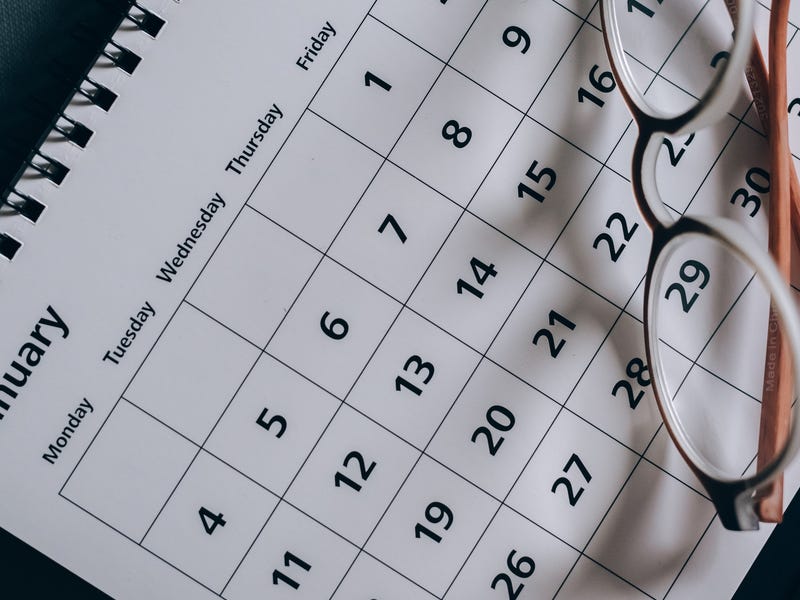What is an indefinite article?
Indefinite articles are used to signal that you’re talking about a general group of nouns. This is useful when you’re not talking about the specific referent of a noun (i.e., the exact version of said noun) and would instead like to refer to any version of the noun. Indefinite articles are used exclusively with singular, countable nouns.
When to use “a”
The indefinite article “a” can only be used in front of singular, countable nouns. Wait, so indefinite articles are used with countable nouns? Doesn’t that sound counterintuitive?
Well, yes. It might sound like indefinite articles are used when speaking about things that cannot be defined or counted, but that’s not actually the case. Indefinite actually means that you’re not speaking about a specific specimen of a noun – any individual item from that noun will do. For example, when you say you want “a glass of water”, you don’t really care which glass of water you get. That’s where the indefinite part comes from.
Here are a few cases of when to use the article “a” in English:
When the specific identity is unknown
You can use the indefinite article “a” in situations where you don’t know which specific specimen of a noun is involved in the situation you’re referring to.
| English | Pronunciation | IPA |
|---|
| I think a raccoon went through my trash last night. | eye theenk ah rah-coon went throo meye trash last nayt | aɪ ˈθɪŋk ə ɹæˈkun ˈwɛnt ˈθɹu ˈmaɪ ˈtɹæʃ ˈlæst ˈnaɪt |
| She went to the store to buy a carton of eggs. | she went too thuh stor too by ah car-tuhn off eggs | ʃi ˈwɛnt tə ðə ˈstɔr tə ˈbaɪ ə ˈkɑrtn̩ əv ˈɛɡz |
| My mom wanted me to leave you a note. | meye mom wahn-ted me too leev yoo ah nout | ˈmaɪ ˈmɑm ˈwɔntəd ˈmi tə ˈliv ju ə ˈnoʊt |
When mentioning something for the first time
As you now know, the definite article “the” helps us avoid repetition when talking about nouns that we’ve already mentioned. However, when mentioning articles for the first time, we have to make sure to use the indefinite article “a”. Here are some examples:
| English | Pronunciation | IPA |
|---|
| I left a cake in the oven. Please turn the oven off and take the cake out in thirty minutes. | eye lehft ah cay-k een thee uh-venn. puh-lees toorn thee uh-venn off and tay-k thuh cay-k aut een theer-tee mee-nuhts | aɪ ˈlɛft ə ˈkeɪk ˈɪn ði ˈʌvən ˈpliz ˈtɝn ði ˈʌvən ˈɔf ənd ˈteɪk ðə ˈkeɪk ˈaʊt ˈɪn ˈθɝti ˈmɪnəts |
| I want to get a cat when I’m older. I will play with the cat all day long. | eye wahnt too get uh cat wen eye’m oll-der. eye weel play weeth thuh cat all day long | aɪ ˈwɔnt tə ˈɡɛt ə ˈkæt ˈwɛn ˈaɪm ˈoʊldɚ aɪ ˈwɪl ˈpleɪ ˈwɪθ ðə ˈkæt ˈɔl ˈdeɪ ˈlɔŋ |
| I think a student might have taken your backpack by accident. Let’s look for the student. | eye theenk ah stoo-dent mait hav tay-kuhn yoor back-pack bay acc-see-duhnt. lets look for thuh stoo-dent | aɪ ˈθɪŋk ə ˈstudn̩t ˈmaɪt həf ˈteɪkən jɚ ˈbækˌpæk ˈbaɪ ˈæksədənt ˈlɛts ˈlʊk fɚ ðə ˈstudn̩t |
When referring to someone’s profession
You’ll want to use the indefinite article “a” when speaking about professions. Whether it’s your own profession or someone else’s, make sure to always include “a” right before the noun. Here are some examples:
| English | Pronunciation | IPA |
|---|
| When I grow up, I want to be a teacher. | wen eye grow up, eye want to be ah tee-cher | ˈwɛn aɪ ˈɡɹoʊ ˈʌp aɪ ˈwɔnt tə ˈbi ə ˈtitʃɚ |
| My mom’s a lawyer. | my moms ah law-yur | ˈmaɪ ˈmɑmz ə ˈlɑjɚ |
| I heard his brother is a comedian. | eye hurd hees bruh-ther ees ah cuh-me-dee-ahn | aɪ ˈhɝd ˈhɪz ˈbɹʌðɚ ˈɪz ə kəˈmidiən |
When to use “an”
The other indefinite article in English is “an”. This article works exactly the same as “a”, except that it’s used when the article is followed by a noun that starts with a vowel sound. Here are some examples:
| English | Pronunciation | IPA |
|---|
| He wants an apple. | he wants an ah-pl | hi ˈwɔnts ən ˈæpəl |
| I wish we had an outdoor patio. | eye weesh we had ahn aut-door pah-tee-oh | aɪ ˈwɪʃ wi həd ən ˈaʊtˌdɔr ˈpætiˌoʊ |
| I once knew an Estonian teacher. | eye once new an ess-toh-nee-an tee-cher | aɪ ˈwʌns ˈnu ən ɛˈstoʊniən ˈtitʃɚ |





